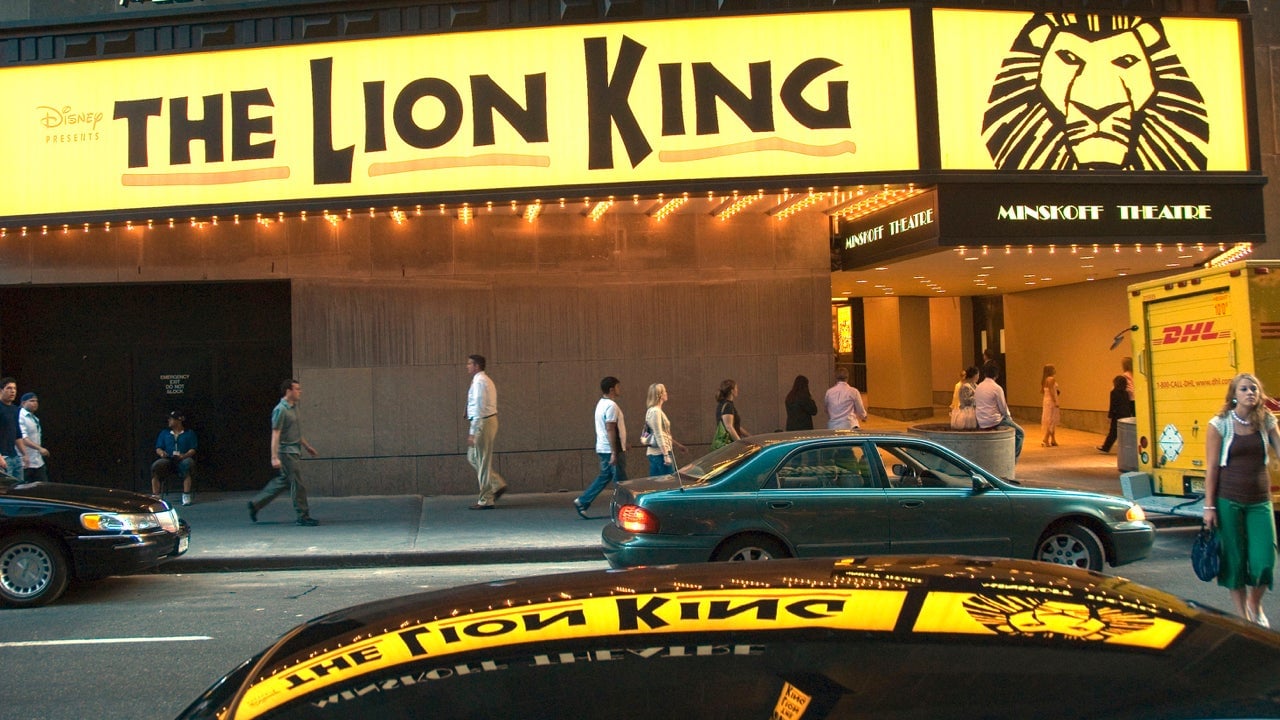Disney’s decades-old trademark of “hakuna matata” is infuriating African kiSwahili speakers
“Hakuna matata” is no longer the carefree phrase it once was.


“Hakuna matata” is no longer the carefree phrase it once was.
Ahead of the 2019 release of the live-action remake of The Lion King, news Disney has trademarked the kiSwahili phrase meaning “No worries” has sparked a furious debate on cultural appropriation.
The trademark has forced kiSwahili speakers to reconsider an everyday phrase taken for granted as a commercial commodity. An online petition describing the trademark as an “an assault on the Swahili people and Africa as a whole” and calling for its removal has already collected nearly 125,000 signatures. The petition was started by a Toronto-based Zimbabwean and has garnered signatures from far beyond East Africa.
“If biopiracy refers to corporations patenting everyday plants and herbs, what do we call it when Disney patents everyday Kiswahili words? Language-Piracy? Kiswapiracy, appropriation or just good old fashioned exploitation?” asked Mukoma Wa Ngũgĩ, author and son of acclaimed Kenyan author Ngũgĩ wa Thiong’o.
Disney has technically owned the phrase since 1994, but that was before the global conversation on cultural appropriation. The trademark only applies in the United States and in use on clothing, footwear and headgear. It does, however, raise ethical questions about the continued exploitation of African culture and who profits from it. That no one noticed until now shows Africans have failed to commercially protect their own cultures.
There are some 100 million kiSwahili speakers in Africa, who are spread across East African nations Tanzania, Kenya, Rwanda, and Burundi, but also DR Congo Oman and South Africa.
This isn’t the first time Disney has cashed in on a part of African culture. In 2006, the song “The Lion Sleeps Tonight,” also from The Lion King, was the subject of a lawsuit. First recorded in 1939 by South African Solomon Linda, the song was covered by about 150 artists and eventually Disney. Linda signed over the rights for a few shillings and job sweeping floors in Gallo studios in Johannesburg.
Linda’s children fought his exploitation and won, but countless other African cultural artifacts have never benefitted their original creators. While the Linda family had a paper trail and a clear plaintiff, kiSwahili speakers may have to find a different means to pursue their case.
“Kiswahili is spoken throughout [the East African community] and it would be unreasonable for one particular country to claim ownership of the language. However, some words form part of our heritage and ought to be protected where possible,” wrote Kenyan lawyer Cathy Mputhia.
As was the case with Linda, what Mputhia calls the “pilferage of African culture” has occurred through unjust laws. Now, the onus for fighting for the trademark would fall on state agencies or the regional bloc to use contemporary intellectual property laws to protect indigenous cultural artifacts, argues Mputhia.
Disney isn’t the only one reportedly trying to cash in on “hakuna matata.” Bloggers Afro-IP found that a Chinese company filed a trademark for use of the phrase on toys and balloons in November.
Sign up to the Quartz Africa Weekly Brief here for news and analysis on African business, tech and innovation in your inbox